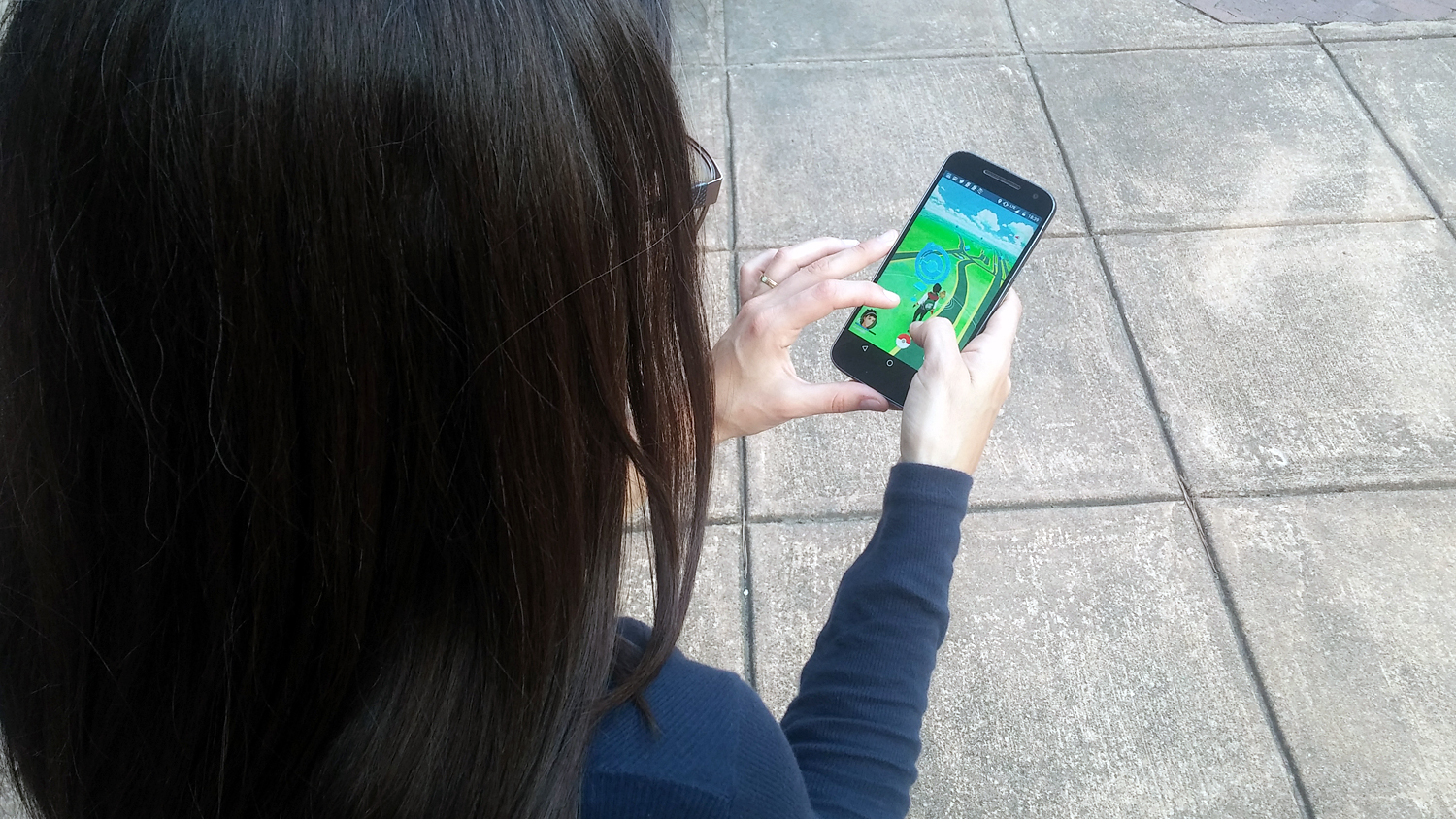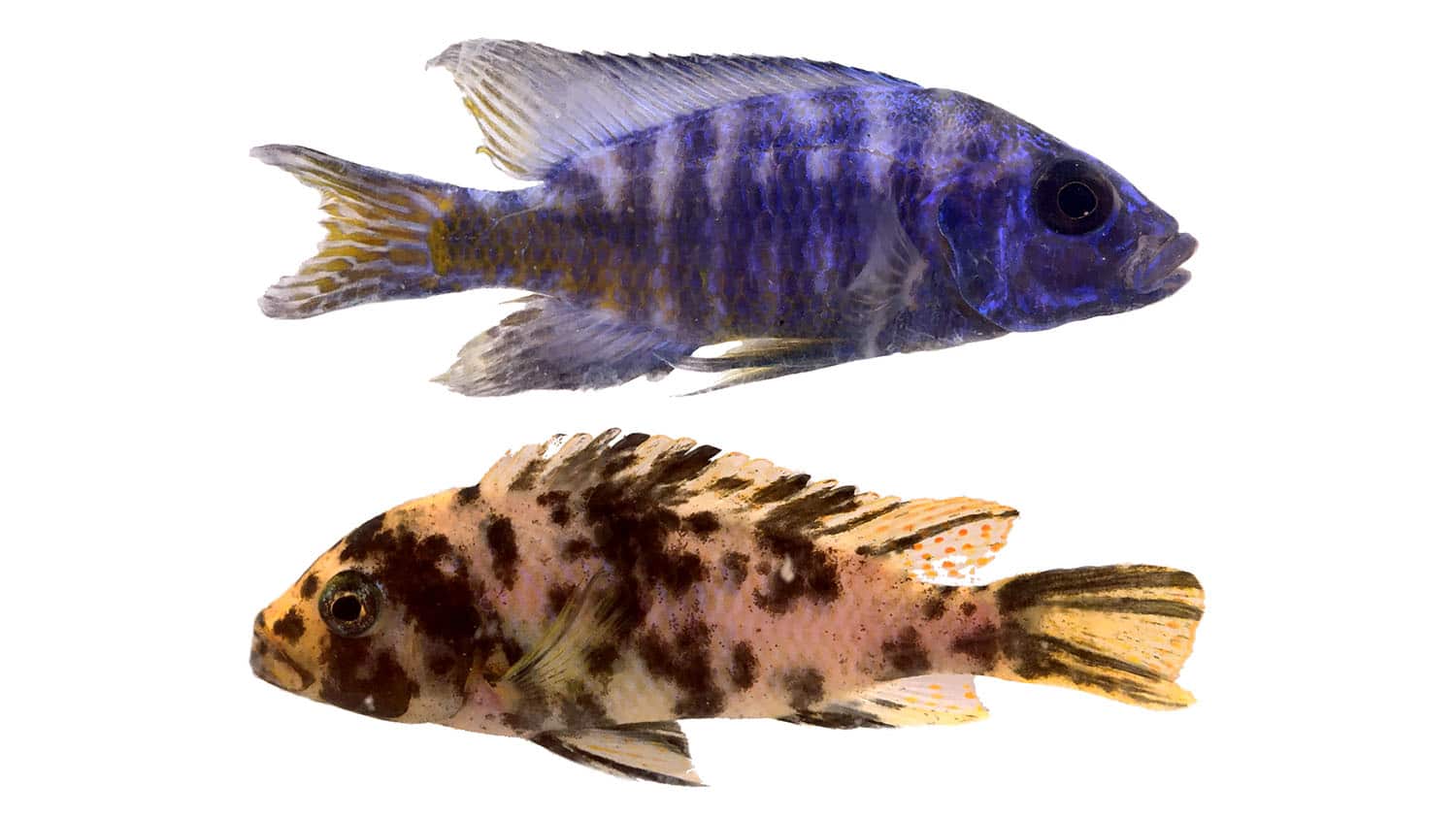What Motivates College Students to Play Pokémon Go?

For Immediate Release
North Carolina State University research on college students who joined the Pokémon Go craze in 2016 found that a desire to exercise or socialize attracted some players, even those who weren’t gamers. Results could inform future efforts to get young people moving for public health.
More than 40 million people played the augmented reality game during the height of its popularity. Among college students, the most ardent fans of Pokémon Go grew up catching pocket monsters on their GameBoys. But many more on college campuses joined the quest to “catch ‘em all” in fall 2016.
“NC State students were playing everywhere – between classes, on the corridors of Talley Student Union and on the university buses,” says Oriol Marquet, a postdoctoral researcher in parks, recreation and tourism management at NC State and lead author of a paper on the topic. “That phenomenon really piqued our interest and we started thinking about how the game could impact young people’s behavior in terms of outdoor time, leisure and physical activity.”
For the study, researchers tracked about 50 Pokémon Go players’ daily activity levels using smart phone apps and sent them surveys three times a day for a week about their experiences playing Pokémon Go.
The study found three distinct groups of players: Pokémon and videogame fans (55 percent) who were the first to participate, followed by physical activity seekers who wanted exercise (17 percent), and curious and social players (28 percent) who knew little about the game but wanted to connect with other people.
College students in all of the groups took more steps on the days they played Pokémon Go and reported more positive socialization and mood.
“Although there weren’t huge differences in terms of magnitude of physical activity between playing days and non-playing days, these differences are important because we are studying a population of young people who are often pretty sedentary,” Marquet says. “For college students, being outdoors and exercising lightly can be highly positive if that behavior is replacing a sedentary one.”
Players’ motivations influenced their feelings about the experience.
“Quite surprisingly, we found that those who joined looking for physical activity were the group least satisfied with the idea that Pokémon Go had helped them be more physically active,” Marquet says. “This may have to do with the expectations that they had when joining the game. For players who had joined the game for other reasons, the extra activity that they gained while playing was really appreciated as a positive aspect.”
Co-author Aaron Hipp, associate professor of community health and sustainability with NC State’s College of Natural Resources, says augmented reality games have potential for improving public health, meeting a number of design requirements for successful exergames.
“We could see from this study that it’s possible for games like Pokémon Go to improve players’ awareness of their personal activity levels, provide feedback on that activity and have a positive social influence as players share the game with others,” Hipp says. “Pokémon Go also provides a variety of motivations for players, as the study showed, and it offers short- and long-term incentives for players to get outside while being flexible enough to fit with college students’ changing schedules.”
The study, Examining motivations to play Pokémon Go and their influence on perceived outcomes and physical activity, appears in the Journal of Medical Internet Research. Authors of the paper are Marquet, Claudia Alberico and Hipp, all of NC State University, and Deepti Adlakha of Queen’s University in Northern Ireland.
– ford –
- Categories:


